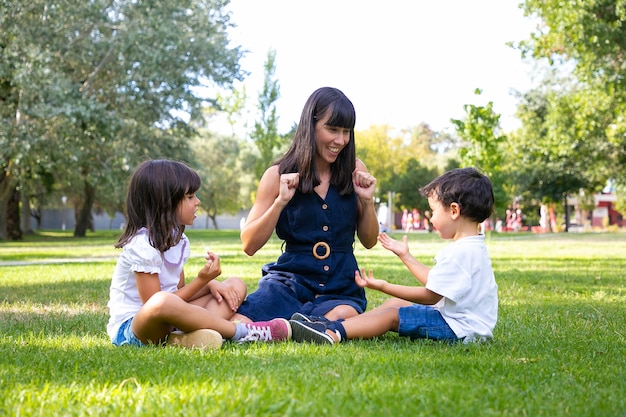
The coronavirus pandemic has definitely shaken up our everyday lives. Despite the uncertainty, kids are still growing, learning, and developing. Parents play a crucial role in supporting their children’s healthy development during this time.
With a bit of effort, some free and simple activities, and a focus on spending quality time, parents can make a big difference. It’s completely normal for parents to feel anxious, especially with children at home during such an unsettling period.
The first thing parents need to do is manage their own anxiety and maintain patience. This will help them take better care of their kids. It’s important to stay calm so that you can have meaningful conversations with your children. If parents are too overwhelmed, it can be tough to communicate effectively.
One essential tip for children’s wellness during this crisis is making time to talk with them, especially when they’re feeling anxious or worried. Encourage them to ask questions and share their feelings, and make sure you answer all their queries patiently.
Maintaining a proper routine is crucial for children, especially during stressful and uncertain times. With their usual home and school routines disrupted, kids need structure to help them manage their emotions and behaviors. Keep a regular daily schedule, including consistent bedtime and routines.
Consider creating weekly themes or goals, like a mini-camp. Utilize educational resources provided by their school to keep them engaged. Ensure they spend some time outside daily to get fresh air and exercise, and don’t forget to set aside moments for relaxation and fun.
Keeping kids connected with family members and friends is also important. Communication with grandparents and close relatives can cheer them up. Technology like video calls makes it easier to stay in touch during social distancing, but even a simple phone call can have a positive impact if technology isn’t available.
Teach your kids to be health champions by practicing good hygiene. Explain the importance of washing hands with soap and water for 20 seconds or using hand sanitizer. Make sure they understand why they should avoid touching their face.
Children are likely to feel anxious during these times, so look for signs of emotional distress and talk to them about their feelings. Reassure them calmly that things will improve if we all take care of ourselves and each other.
Understanding and coping with a disease outbreak like COVID-19 can be difficult for kids. Their responses will vary based on their temperament, developmental stage, and age.